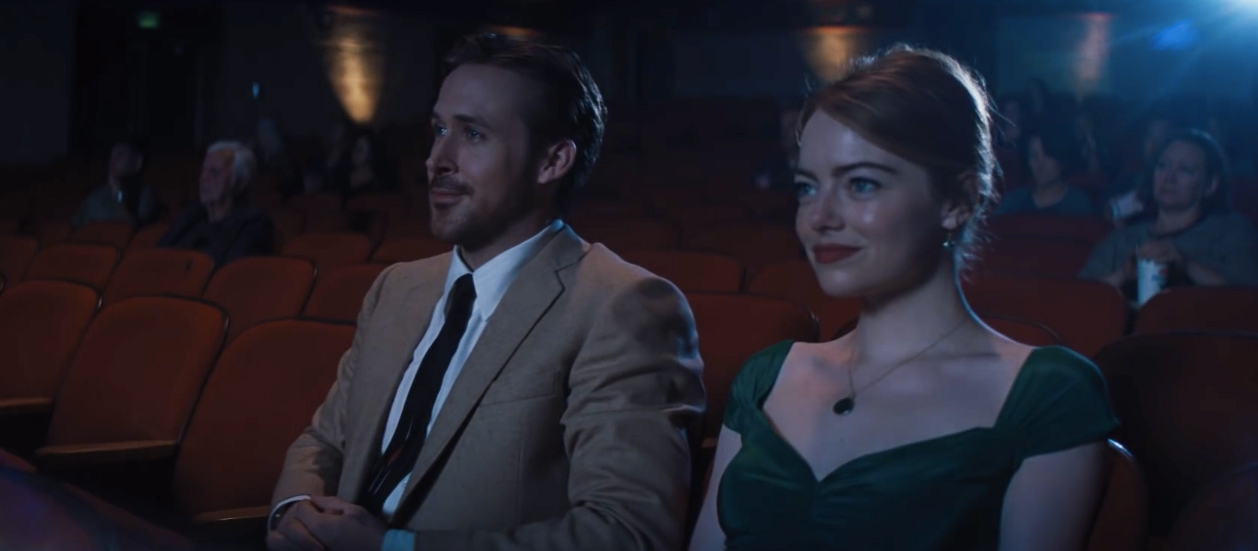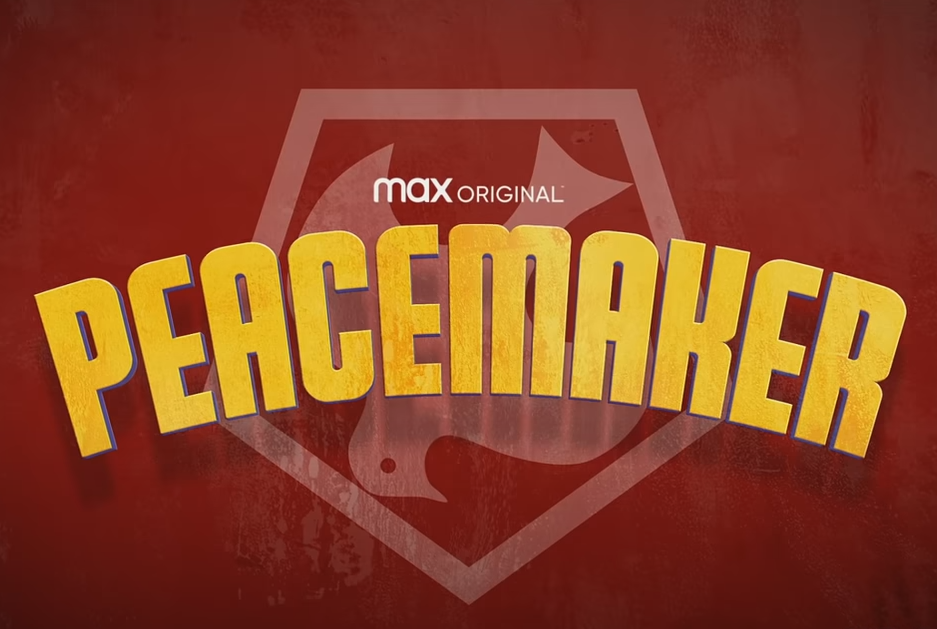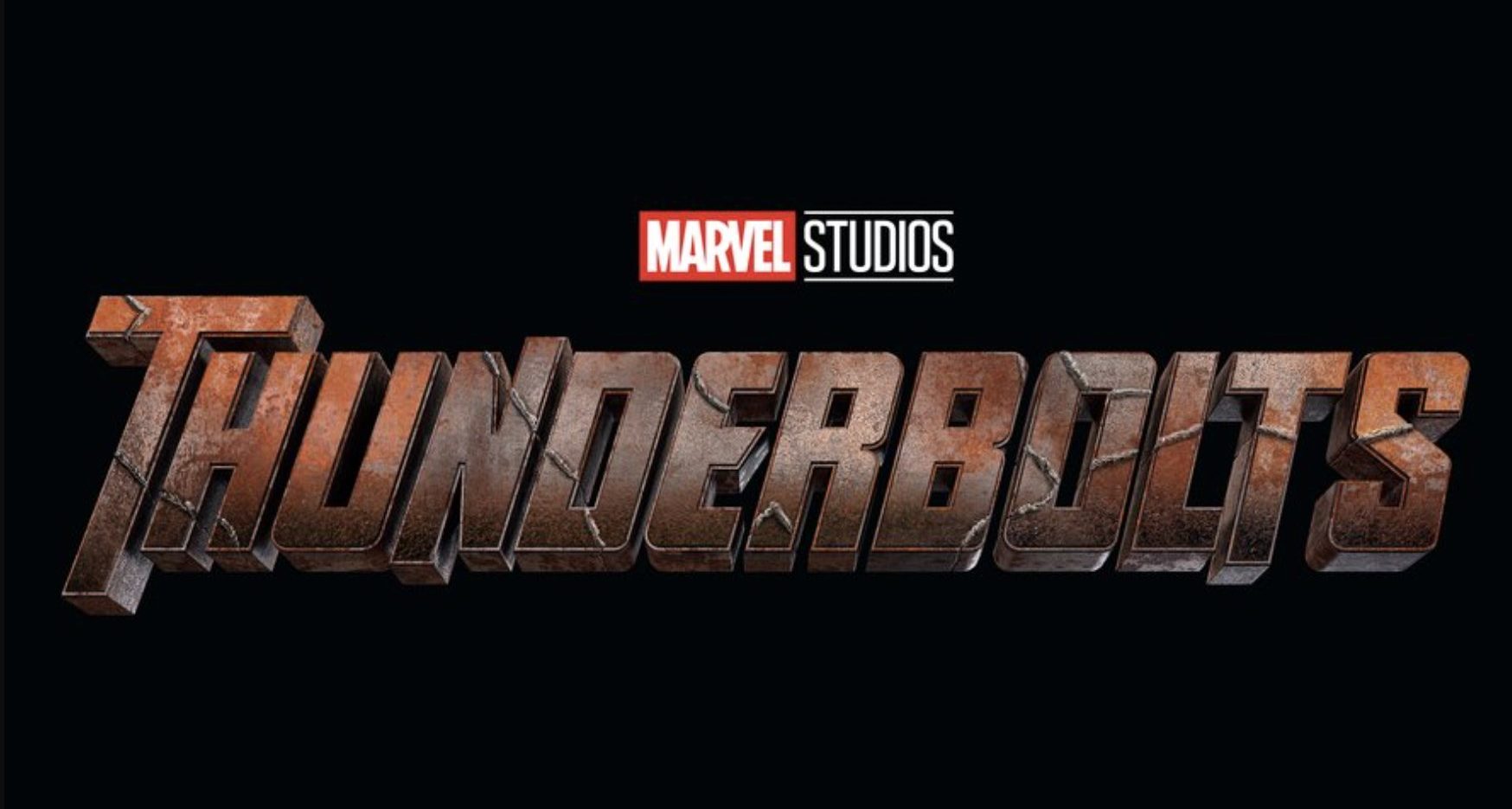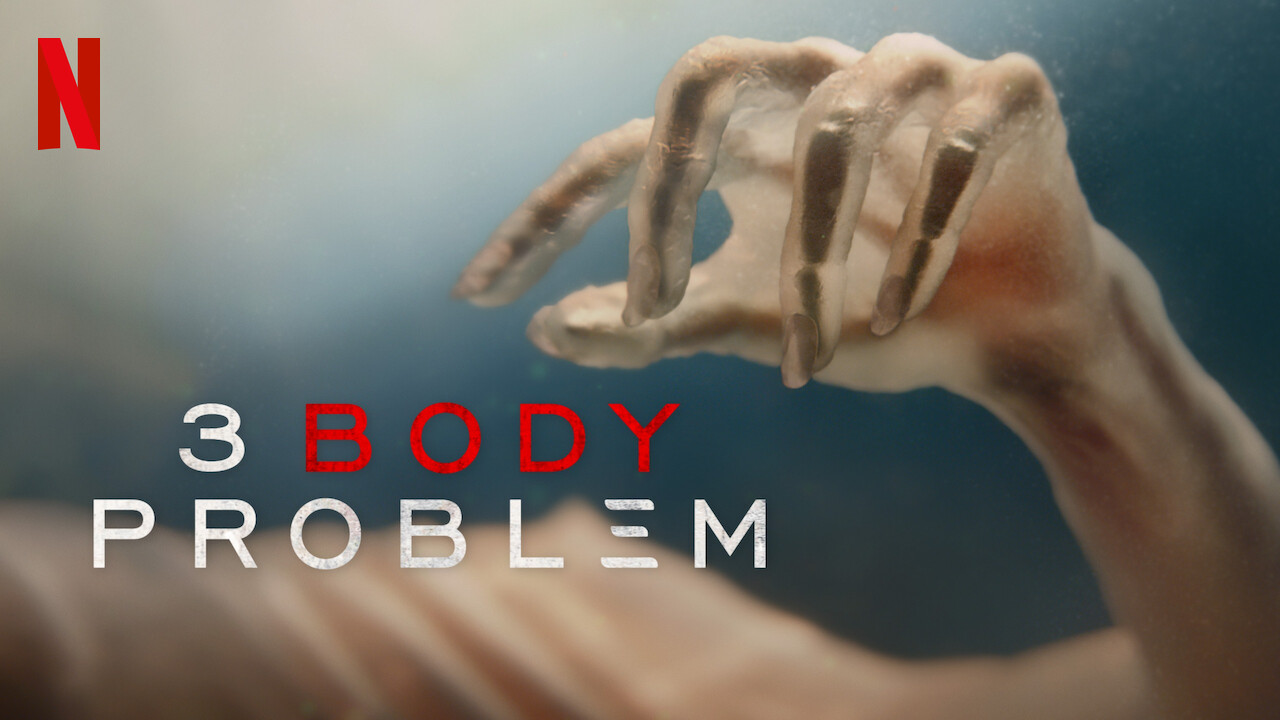In the United States of America, everything is political. We live in an age where political parties hold millions of Americans in an ideological stranglehold with blind allegiance to one of two letters of the alphabet, D or R. The idea of dividing people into groups is nothing new though. Every form you fill out asks about race, religion, gender, place of birth, and other information. Study after study and poll after poll will break you into as many groups as possible. So it should come as no surprise that there’s a study that looks at the political, and religious, affiliation of moviegoers.
Over a seven-year study, PostTrack found that moviegoers were more likely to be Democrats than republicans. The split isn’t small either, 12.4% to 5.5% and 7.2% claiming to be independent. On the religious point, 13.3% of moviegoers claimed to be Christian with 6.9% claiming to be very religious.

So why the big gap? Are Republicans less likely to be able to afford a movie ticket? Do they live too far from theaters? Do they hate being entertained? Why do Democrats go to the movies more? This author has a theory, and that’s dangerous.
The following is my opinion and my opinion alone. These thoughts do not reflect the opinions of LRM Online or Latino Review Media LLC.
There is little doubt that the media has a liberal bias in both the news and entertainment worlds. A study in 2016 found that 96% of journalists donated to Democrat campaigns and left-leaning causes. The site AllSides has an interesting method of assigning political bias to outlets and the majority of people seem to agree with those assignments. There are right-leaning outlets of course, but they are by far outnumbered by left-of-center sources of information and opinion. With such a large concentration of left-leaning ideology, there’s almost no way to mitigate opinion being intertwined with reporting. There is a series of narratives being woven in the news media and it is affecting the very fabric of society. If the source you trust to give you news is letting their personal opinions be mixed with the facts, then you’re likely to take that opinion as a fact. It’s just human nature.
To make things more interesting, the entertainment world is overwhelmingly dominated by left-leaning actors and filmmakers. Any stroll down social-media lane will show countless names from Hollywood backing Democrat candidates and left-of-center causes. However, there are rumors that more people are right-of-center than they let on. Hollywood, and publishers, allegedly blacklist people that don’t fit in with the political ideology they prefer. It’s not just the people in and behind the films that have a liberal ideology, but many people feel the films themselves are pushing biased narratives. Scenes like the all-female Avengers in Endgame have been accused of feeling forced, Rey from the new Star Wars films has people claiming she’s a Mary-Sue and pushing a feminist ideology, race and gender-swapping of characters is always a hotly debated subject, and the portrayal of certain ideas or religions in films and television can be unflattering.
To each their own though. Free speech protections allow all sides to promote their ideas and politics. The only real problem is in the news media where twisting facts, by any side, and trying to influence people’s votes is dangerous. Social media giants that stifle views and the comments of people they don’t like can literally affect elections.
So how does this affect the movie-going public? Well, people that feel their personal views are under attack will not be likely to go see films. Personally, I think some of those that feel insulted may be too sensitive. The battle against Captain Marvel was an example of a failed attempt to punish Brie Larson for comments she made about white people and males. Her remarks were very poorly worded, but a lot of context was lost in the shuffle. However, there’s no doubt that some groups feel attacked by the films being made and the people making them. These feelings are legitimate and not necessarily based on any form of hate.
When it comes to the world of entertainment there are three groups of people: the consumers/audience, the creators, and the financiers. The audience wants to be entertained and that requires things they like to be made. The creators want to bring their visions to their platforms and are fueled by that creative desire. The financiers care only about making money though. They have no concern other than that. Here’s the thing though, all three groups rely on each other. Without the money from the studio, a director can’t make a film for the audience to consume. If the audience does not like the content then the studio makes no money and the creator doesn’t get another job offer. The key to all of this is demographics though. Who is the target audience? Even trying to cast the widest net and get that elusive “general audience” requires some accounting for average age, race, and gender of the moviegoers.
When you get into specific genres the demographics can get less diverse. The reasons for this are up for debate. Some people think that traditional gender roles are being enforced and that makes females less likely to be into geeky things as much as males. Some people accuse males of gatekeeping in the geek community. Past generations of specific groups may be less likely to be into certain genres which could prevent their offspring from being into them. All of these points should be evaluated and discussed, but none of them change the fact that certain groups will consume certain things and that changing those things will lead to less consumption. If the goal is to make money… well, you can make your own conclusions.
If you forced me to pick a reason why Republicans are attending the theater less I would say its groupthink. Just as loud minority groups (minority as in ideas not race, gender, or orientation) have convinced Hollywood to make some choices, vocal minority groups on the right have led to people not going to see certain films. I brought up Captain Marvel before and I still think its a prime example. Another example is the complaints about The Boys on Amazon being anti-Christain because of a few scenes that play on stereotypes. People get online and talk this stuff up and others take it to heart without either viewing the content or getting the context of stories such as those on Brie Larson’s comments. The left is every bit as capable of groupthink too and I would point to the inherent media bias as proof of that, but the discussion is why aren’t those on the right hitting the theaters.
There is a margin of error in all polls and there is always the chance that some groups are oversampled or people choose to answer certain ways due to the political climate, but seven points is hard to overcome that way. Considering the amount of money films are making these days, part of which is higher prices, it’s not hard to jump to the conclusion that maybe society is more left-leaning than right. However, in America, the political party affiliation is almost evenly split with those claiming to be independent being the largest group. A recent Gallup poll shows that 29% of people claim to be Republican with 27% falling in with the Democrats. 38% of respondents were independent. This doesn’t really fall in line with the PostTrack numbers.
The truth is that movie attendance is down by almost 200 million tickets since 1999. There have been years with positive fluctuations that may be connected to The Avengers, Star Wars: The Force Awakens, and Infinity War but it’s down overall for the past two decades and is down even over the last seven years, the length of the PostTrack study, by 150 million. This information comes from tickets sold according to The Numbers. This drop doesn’t account for all of the differences in polls, but considering the trend of media over the last decade it could show where the difference comes from. If you brought those numbers back up, you may see a few points added to those that claim the Republican party. Basically, there’s a combination of content on hysteria keeping some people home. Hysteria may be a bit of a strong word.
All of this comes back to the core statement by the original story, Democrats go to the movies more than Republicans. Maybe by a slimmer margin than originally reported when all things are considered, but the reasoning is what’s important. With groups promising further social statements in their entertainment and a sure to be a hot election cycle in 2020, what will the box office numbers look like next year? Is Hollywood missing out on money by playing to smaller demographics? Are filmmakers and actors hurting their source of income by being so vocal with their politics? These questions will have to wait until another time. For now, go see a movie and enjoy it for what it is.
Do you think politics play a big part in who sees a movie? Do you think there’s a bias in the media? Let me know in the comments below!
Don’t forget to share this post on your Facebook wall and with your Twitter followers! Just hit the buttons on the top of this page.
—–
Have you checked out LRM Online‘s official podcast feed yet The LRM Online Podcast Network, which includes our flagship podcast Los Fanboys, our premiere podcast Breaking Geek Radio: The Podcast, and our morning show LRMornings? Check it out by listening below. It’s also available on all your favorite podcast apps!
Subscribe on: Apple Podcasts | Spotify | SoundCloud | Stitcher | Google Play
Sources: THR, The Numbers, Gallup, AllSides, Public Integrity

 FOR FANBOYS, BY FANBOYS
Have you checked out LRM Online’s official podcasts and videos on The Genreverse Podcast Network? Available on YouTube and all your favorite podcast apps, This multimedia empire includes The Daily CoG, Breaking Geek Radio: The Podcast, GeekScholars Movie News, Anime-Versal Review Podcast, and our Star Wars dedicated podcast The Cantina. Check it out by listening on all your favorite podcast apps, or watching on YouTube!
Subscribe on: Apple Podcasts | Spotify | SoundCloud | Stitcher | Google Play
FOR FANBOYS, BY FANBOYS
Have you checked out LRM Online’s official podcasts and videos on The Genreverse Podcast Network? Available on YouTube and all your favorite podcast apps, This multimedia empire includes The Daily CoG, Breaking Geek Radio: The Podcast, GeekScholars Movie News, Anime-Versal Review Podcast, and our Star Wars dedicated podcast The Cantina. Check it out by listening on all your favorite podcast apps, or watching on YouTube!
Subscribe on: Apple Podcasts | Spotify | SoundCloud | Stitcher | Google Play






